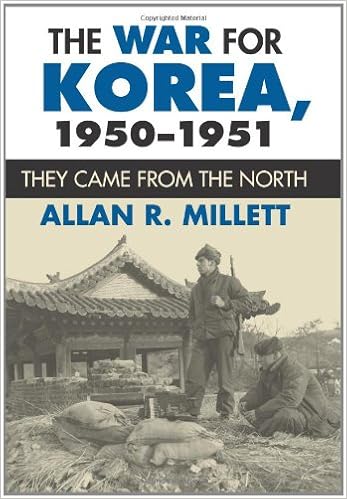I thought that I would give my impressions of a couple of books that I've recently read and that are ASL-relevant. The first book is Col. A. Goutard's ''The Battle of France, 1940.'' This book is a wonderful operational summary of the campaign, from the French perspective (though the account is exceptionally terse after the evacuation of the BEF from Dunkirk, as the outcome was a foregone conclusion at that point). Much more valuable than the description of events, though, is the author's explanations and opinions. His chief thesis is that the French doctrine was completely incapable of dealing with a war of maneuver (i.e., the seeds of the French defeat in 1940 were sown with their victory in WW I - having been victorious in WW I, the French failed to innovate during the inter-war years, rather they perfected the techniques that worked in the previous war). As an example, after the German breakthrough in the Ardennes, the author quotes from orders issued from the French command which stressed the importance of re-establishing a continuous line (of containing the breakthrough) more than emphasizing the imperative of counter-attacking. The author demonstrates fairly convincingly that aggressive armored counter-attacks into the flanks of the penetration may have changed the entire outcome of the campaign (as the German command feared just this possibility), while simultaneously admitting that such counter-attacks were never really possible. That is, through French training and doctrine, tanks were dispersed, and the French army seemed incapable of rapid action. In fact, it is not clear that those in command of the army initially perceived any necessity of rapid action. First, given the French doctrine of deliberate attack with heavy artillery support, they didn't believe that the German thrust was a major attack (as it was not preceded by such a period of concentration of siege weapons). Second, there seemed to be a belief among the French command that the German advance would halt while gains were consolidated and heavy assets were moved forward. All in all, the book is wonderfully written, makes a pretty compelling argument, and is a delightful read (though one finds oneself infuriated by the French paralysis and lethargy as one reads) - I can't recommend it too highly.
The second book is the anonymously published ``Infantry Officer.'' I had high hopes for this one, as it is the recollections of the campaign of the BEF in Flanders during 1940 from a platoon commander only two months out of Sandhurst (as I was once a young platoon commander fresh out of Quantico I was eager to read this book). Though not a bad book, this one doesn't give any insights into British preparations during the ''phoney war'' and the prosecution of the campaign that aren't infinitely better written about in ``Sword of Bone'' (or even ''My First War''). As "Infantry Officer'' takes a little effort to seek out, one's time is better spent reading one of these other two (much better written) books.






